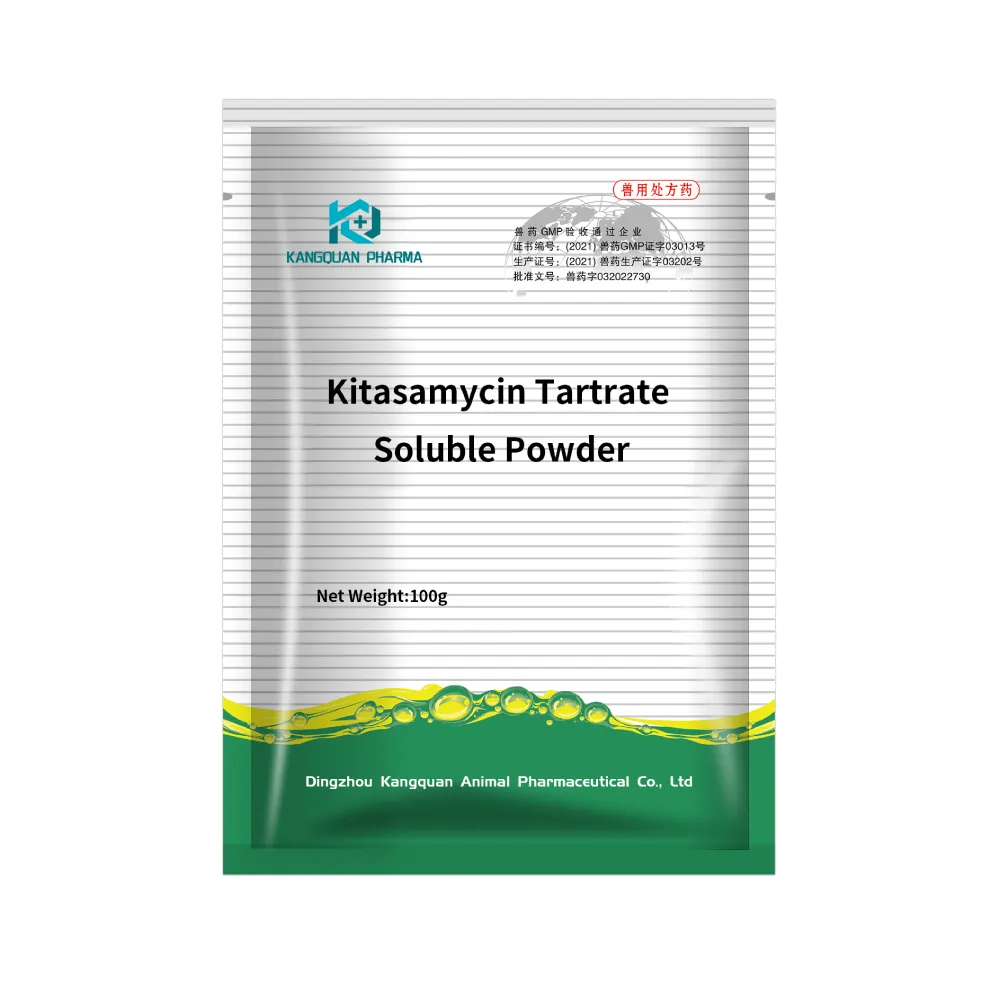- Afrikaans
- Albanian
- Amharic
- Arabic
- Armenian
- Azerbaijani
- Basque
- Belarusian
- Bengali
- Bosnian
- Bulgarian
- Catalan
- Cebuano
- Corsican
- Croatian
- Czech
- Danish
- Dutch
- English
- Esperanto
- Estonian
- Finnish
- French
- Frisian
- Galician
- Georgian
- German
- Greek
- Gujarati
- Haitian Creole
- hausa
- hawaiian
- Hebrew
- Hindi
- Miao
- Hungarian
- Icelandic
- igbo
- Indonesian
- irish
- Italian
- Japanese
- Javanese
- Kannada
- kazakh
- Khmer
- Rwandese
- Korean
- Kurdish
- Kyrgyz
- Lao
- Latin
- Latvian
- Lithuanian
- Luxembourgish
- Macedonian
- Malgashi
- Malay
- Malayalam
- Maltese
- Maori
- Marathi
- Mongolian
- Myanmar
- Nepali
- Norwegian
- Norwegian
- Occitan
- Pashto
- Persian
- Polish
- Portuguese
- Punjabi
- Romanian
- Russian
- Samoan
- Scottish Gaelic
- Serbian
- Sesotho
- Shona
- Sindhi
- Sinhala
- Slovak
- Slovenian
- Somali
- Spanish
- Sundanese
- Swahili
- Swedish
- Tagalog
- Tajik
- Tamil
- Tatar
- Telugu
- Thai
- Turkish
- Turkmen
- Ukrainian
- Urdu
- Uighur
- Uzbek
- Vietnamese
- Welsh
- Bantu
- Yiddish
- Yoruba
- Zulu
7 月 . 28, 2024 13:19 Back to list
Guide to Dosage and Usage of Ivermectin Injection for Dogs Based on Weight and Health Conditions
Understanding Ivermectin Injection Dosage for Dogs
Ivermectin is a widely used antiparasitic medication that is effective in treating various parasitic infections in dogs. It targets various parasites including heartworms, mites, and certain types of worms. However, it is crucial for pet owners to understand the correct dosage and administration of ivermectin to ensure the safety and health of their dogs. This article aims to elucidate the dosage chart for ivermectin injection for dogs, while also addressing the importance of adhering to veterinary guidance.
What Is Ivermectin?
Ivermectin is a medication that belongs to the class of drugs known as avermectins. It works by paralyzing and killing parasites, making it an effective treatment for conditions like heartworm disease, sarcoptic mange, and other parasitic infections. While ivermectin can be a life-saving treatment, incorrect dosages can lead to toxicity, especially in certain breeds of dogs that are genetically sensitive to the drug, such as Collies and related breeds.
Dosage Guidelines
When it comes to administering ivermectin, following a proper dosage chart is essential. The dosage of ivermectin injection typically depends on the specific condition being treated, the weight of the dog, and its overall health status. The general guideline for heartworm prevention is typically 6 micrograms per kilogram (mcg/kg) of body weight. This means that for a dog weighing 10 kg (approximately 22 lbs), the appropriate dosage would be around 60 mcg of ivermectin.
For treating conditions like demodectic mange, the dosages might vary. Often, veterinarians may recommend a dosage of 0.3 to 0.6 mg/kg administered once every week or every other week, depending on the severity of the infestation. It’s essential to follow the veterinarian's instructions carefully, as they can tailor the treatment plan to meet the specific needs of the dog.
Administration Methods
ivermectin injection for dogs dosage chart

Ivermectin can be administered in various forms including oral tablets, topical solutions, and injections. Injectable ivermectin is typically administered subcutaneously, meaning it is injected just under the skin. It’s imperative that the injections are given by a veterinarian or a trained professional to avoid complications and ensure proper delivery of the drug.
Importance of Veterinary Guidance
Before administering ivermectin or any new medication, dog owners must consult their veterinarians. This is particularly important for breeds known to be sensitive to ivermectin. A veterinarian can perform a thorough examination and may suggest alternative treatments if the dog is at risk of adverse reactions. Additionally, they can provide tailored advice on how frequently the injections should be given and monitor the dog for any potential side effects.
Signs of Overdose or Side Effects
Pet owners should be vigilant for any signs of ivermectin toxicity or side effects in their dogs. Symptoms may include lethargy, tremors, excessive salivation, vomiting, and in severe cases, seizures. If any of these symptoms appear post-administration, it is crucial to seek veterinary attention immediately.
Conclusion
Ivermectin is a potent tool in the fight against parasitic infections in dogs, but its administration must be approached with caution. Understanding the proper dosage and the idiosyncrasies of your dog’s health is vital. By following a precise dosage chart and working closely with a veterinarian, pet owners can ensure effective treatment while minimizing the risk of adverse effects. Always remember that the safety and health of your beloved pet should remain the top priority.
-
The Power of Radix Isatidis Extract for Your Health and Wellness
NewsOct.29,2024
-
Neomycin Sulfate Soluble Powder: A Versatile Solution for Pet Health
NewsOct.29,2024
-
Lincomycin Hydrochloride Soluble Powder – The Essential Solution
NewsOct.29,2024
-
Garamycin Gentamicin Sulfate for Effective Infection Control
NewsOct.29,2024
-
Doxycycline Hyclate Soluble Powder: Your Antibiotic Needs
NewsOct.29,2024
-
Tilmicosin Premix: The Ultimate Solution for Poultry Health
NewsOct.29,2024













